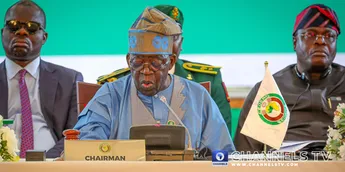
Despite a prolonged fallout within the Economic Community of West African States (ECOWAS), Nigeria is making diplomatic overtures to reengage Mali, Niger, and Burkina Faso, the three countries that have withdrawn from the bloc following military takeovers.
This gesture, announced by Nigeria's Minister of Foreign Affairs Yusuf Tuggar during a press briefing in Abuja on Monday, signals Abuja's continued push for regional cooperation within the ECOWAS framework, despite ongoing political rifts.
Tuggar emphasized that while the three countries have formally withdrawn from the Economic Community of West African States, Nigeria views them as indispensable partners in West Africa's economic future.
He noted that regional development should not be derailed by political disagreements, particularly as shared challenges like security, trade, and infrastructure transcend institutional affiliations.
"While it is true that three countries in our region have chosen to depart from ECOWAS, this does not sever the bonds of trade, cooperation, and shared destiny that unite us as West Africans.
"These nations remain our neighbours, our partners, and integral stakeholders in the future of West Africa's economic transformation," the minister said.
Nigeria's diplomatic move to reunite the AES
The invitation comes amid rising tensions between the ECOWAS bloc and the military-led governments of Mali, Niger, and Burkina Faso.
These countries, now aligned under the Alliance of Sahel States (AES), have accused ECOWAS of failing to respect their sovereignty and have pursued a parallel path for regional collaboration.
However, Nigeria's outreach suggests a willingness to bridge the divide, at least economically.
Observers see this as a pragmatic move by Nigeria, the region's largest economy, to keep diplomatic channels open and prevent further fragmentation in West Africa's integration efforts.
Recall that Nigeria was previously at the forefront of efforts to pressure the Sahel nations following their decision to exit the regional bloc.
Abuja strongly condemned the military takeovers in Mali, Burkina Faso, and Niger, and supported a firm ECOWAS stance that included sanctions, border closures, and threats of military intervention, particularly in the case of Niger after the July 2023 coup.
President Bola Tinubu, as ECOWAS Chair, emphasized the bloc's zero-tolerance policy for unconstitutional changes of government and advocated for swift restoration of civilian rule.
West African trade on the front burner
The minister also addressed concerns about the continuity of trade and cooperation beyond ECOWAS membership, citing ongoing bilateral projects such as the Nigeria-Niger Joint Commission, which continues to advance development initiatives between the two countries.
Prior to their withdrawal in early 2024, these countries benefited from ECOWAS protocols on free movement of goods and people, which had significantly facilitated intra-regional trade.
Their departure, and the subsequent deterioration in relations with ECOWAS, disrupted these frameworks. As a result, trade corridors through Niger and Burkina Faso, particularly those serving landlocked neighbors, have faced new restrictions, delays, and uncertainty.
"Trade does not stop because of membership status. For instance, Nigeria and Niger continue to cooperate actively through joint commissions and development projects, even beyond ECOWAS structures.
"Similarly, business activities, cross-border trade, and infrastructure collaborations with Burkina Faso and Mali remain ongoing," Tuggar noted.
He added that the summit aims to go beyond state-centric approaches by involving the private sector and youth innovators, highlighting that regional economic integration depends heavily on private sector participation.

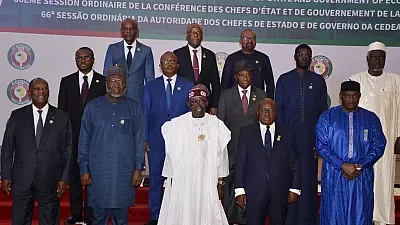
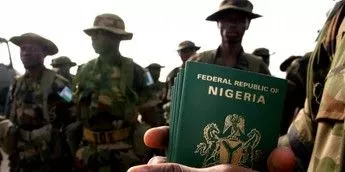
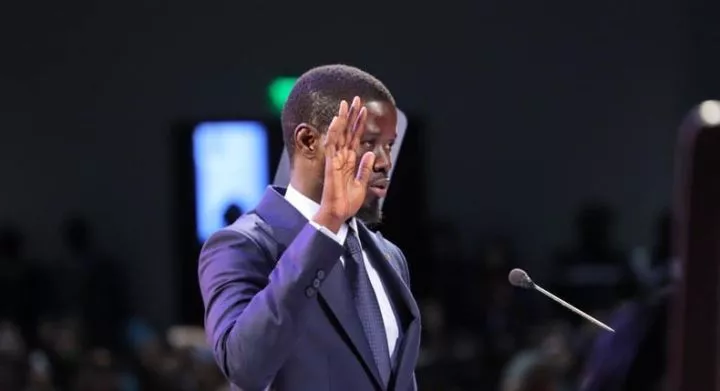
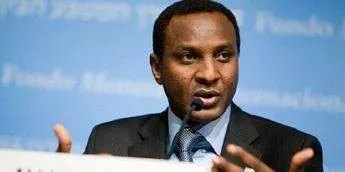
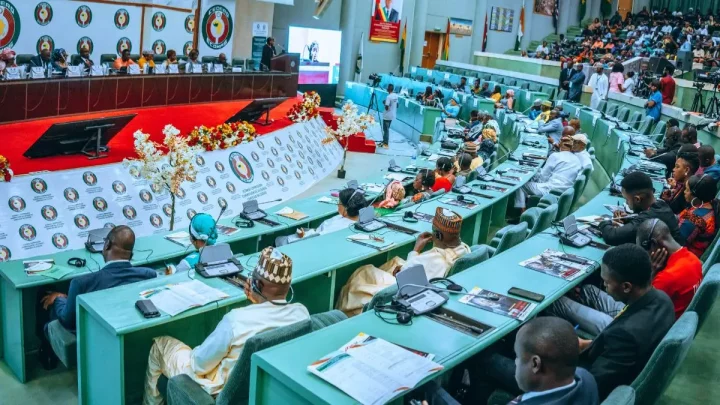
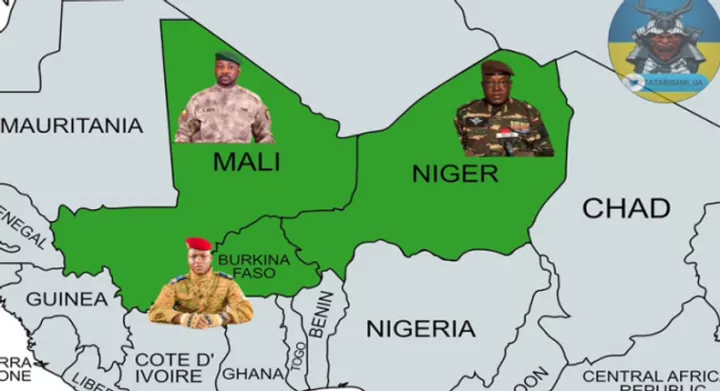





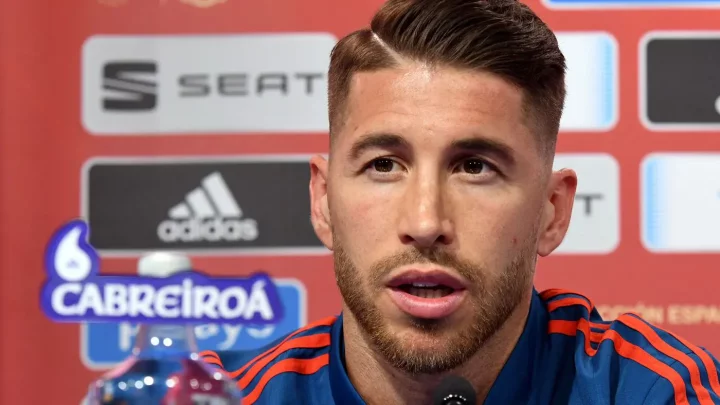




Comments